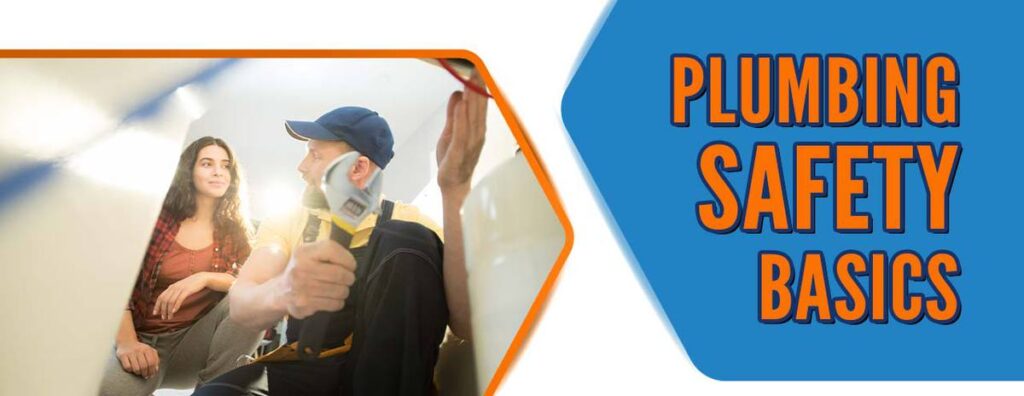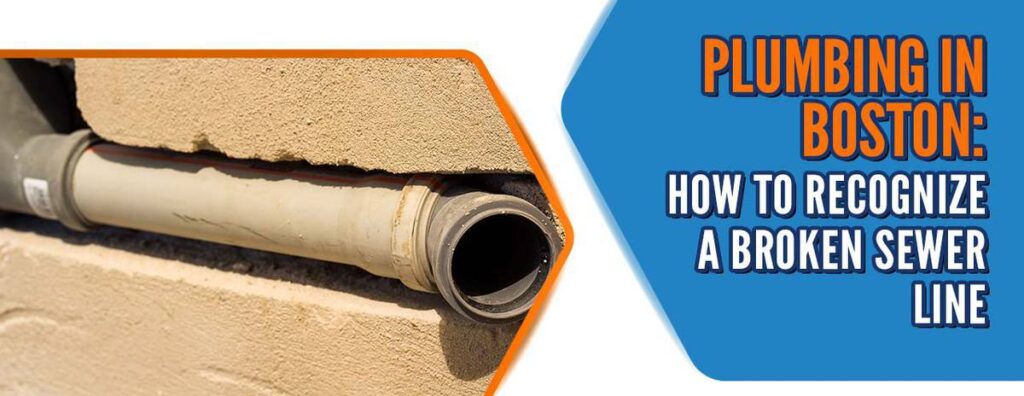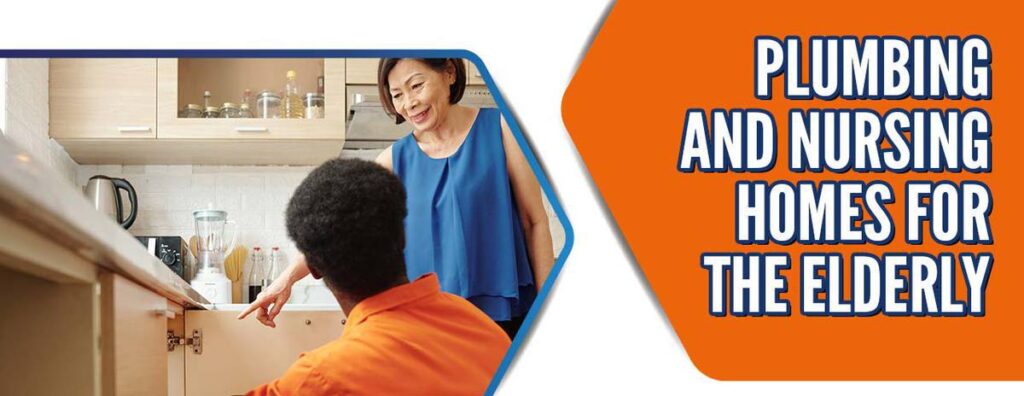Plumbing Safety Basics
In general, when everything related to plumbing works in absolute harmony inside our home, office, company, or industrial zone, it could be said that it generates tranquility and therefore there is nothing to worry about. Since the value and convenience that all plumbing offers and its great service is almost imperceptible, such is the point that we take it for granted.
What happens when one of plumbing service fails, due to the simple fact of natural wear or lack of care?
Without a doubt, alarm bells go off, since it is not easy to lose the operation of a toilet, shower, sink, dishwasher, air conditioner, or the water heater from one moment to the next and without expecting it.
But the reality of all this is that a large part of the cases is absolutely preventable, given that timely maintenance can avoid not only other expenses, but also great inconveniences such as taking out of operation any of these services that otherwise they are basic.
And it is that when the service is cut off inside the house due to damage to any of the services listed above, the circumstances must be remedied as soon as possible, but most likely it will not generate more adverse effects than those entailed by the same harmful event, unlike a company, office or the same industrial zone, where a damage to the pipe can bring about the cessation of activities, the failure of the service and a number of collaborators waiting for the restoration of services.
Plumbing Tips
RAMI Plumbing lists some aspects to keep in mind, where, therefore, the practice of these may help prevent and avoid future ruptures or damage to the pipes:
- Sinks, bathtubs and dishwashers: they must at all times be exempt from receiving fats or oily broths, since discarding this type of substance will have the opposite effect to that expected with said action, and that is that they will not go to the drain without first solidify throughout the length of the pipe, so it is advisable to recycle glass jars that can be used to collect and store fat safely, which will greatly benefit the environment and protect drains, since the grease that is thrown through them accumulates and adheres to the pipes, not only clogging them, but also generating bad odors that persist until the problem is solved
- Always Having a strainer when it comes to a shower or sink drain is essential: obstructions occupy a large percentage of plumbing calls, which is absolutely preventable by using a strainer in these drains that stops all kinds of sediment, hair, remains, particles and even toys
- Only toilet paper is disposed of in the toilet, the rest is absolutely prohibited
- Be clear about where the main water valve is located: closing the main water valve in an emergency will help minimize damage to all your furniture, since it is almost predictable that what will come into contact with water currents it will most likely go to waste
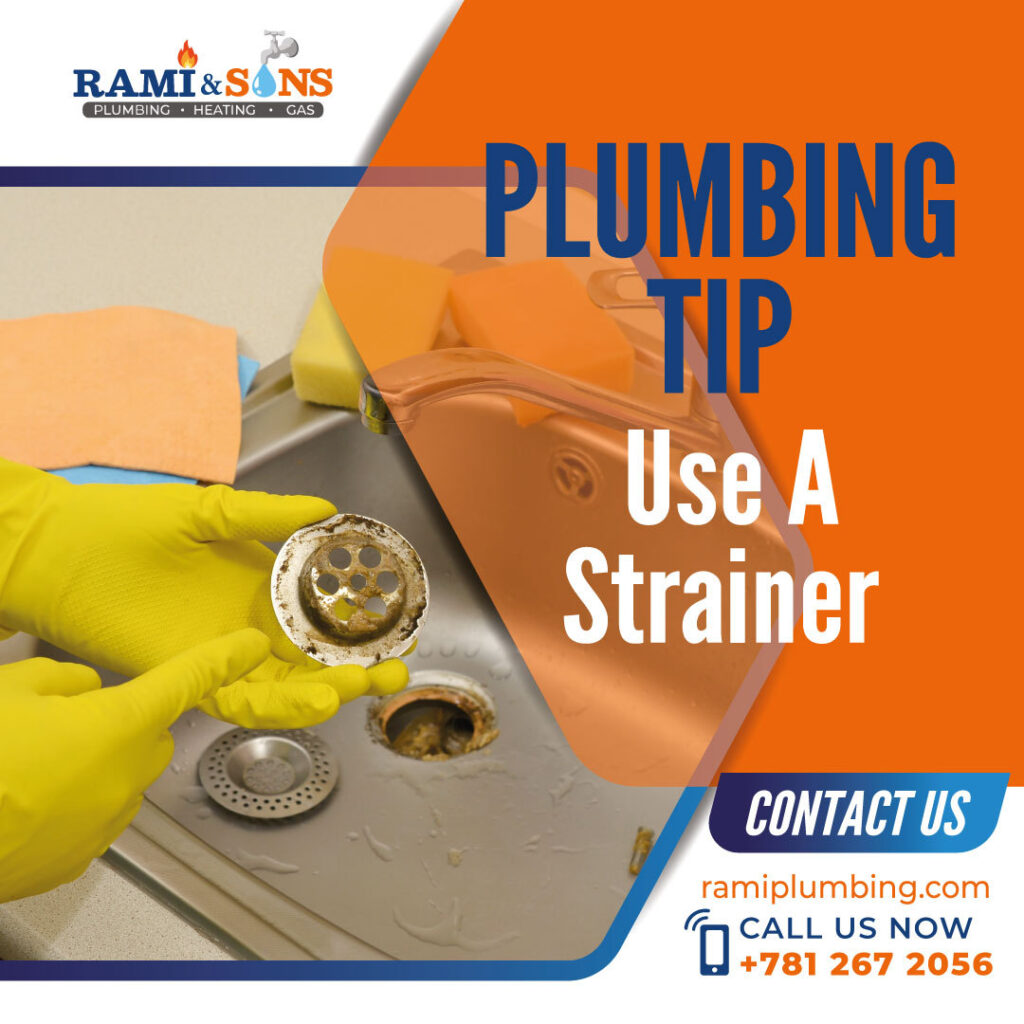
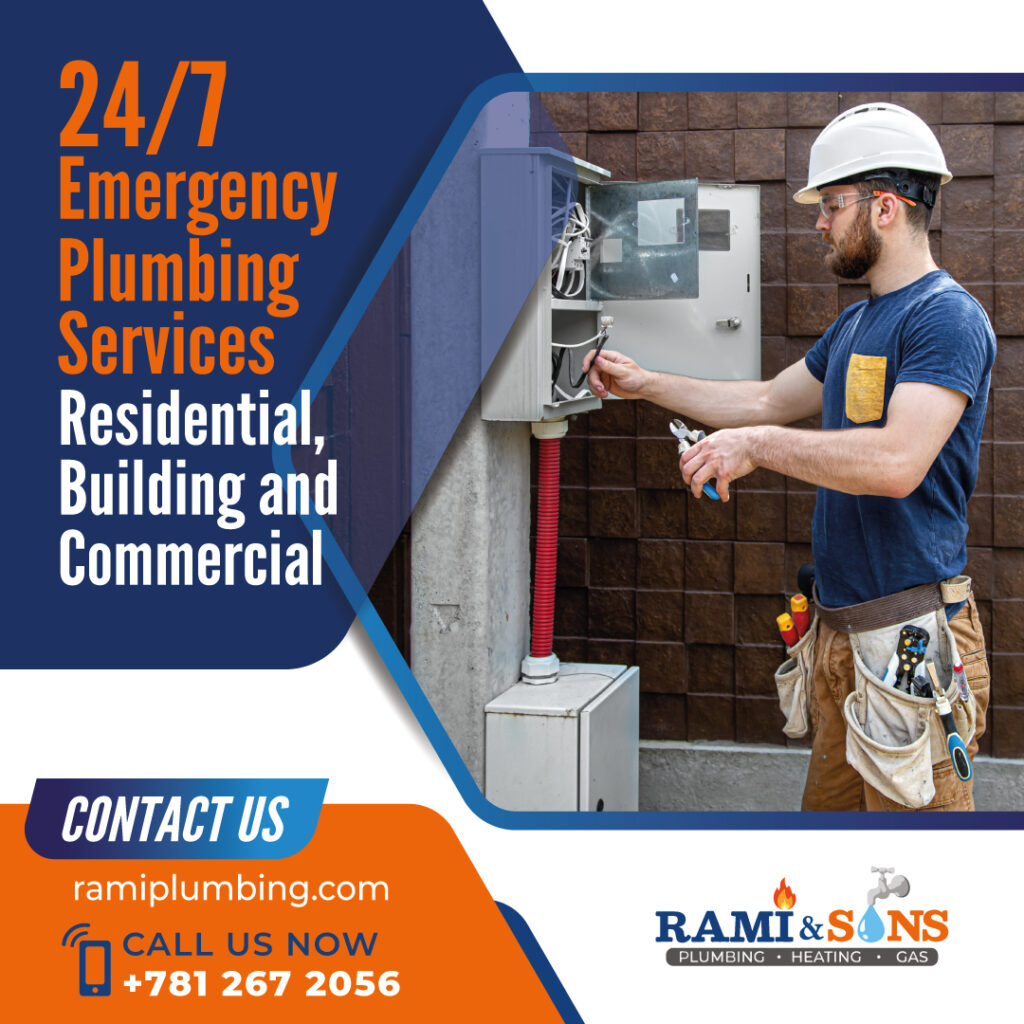
- Make sure your main sewer drain is visible – It is extremely important that your main sewer drain is always free and clear. That is, it must not under any pretext be neglected and dirty, since, if the sewer line is clogged, it must allow it to be moved in an ideal manner and not waste valuable time locating it and trying to clean it.
- Avoid uncovering or highlighting your drains with chemicals: because of their composition, chemicals can be abrasive and corrosive to pipes
- Don’t let your pipes freeze in the winter: One way to prevent your pipes from freezing is to keep the interior, whether it’s a house, business, office, or industrial area, with airflow at a minimum temperature of 60 Fahrenheit degrees. Now, keep in mind to insulate as many plumbing lines as possible from the exterior wall to prevent them from freezing.
- A great solution, anticipating future plumbing interventions, is to install separate shut-off valves, where you will greatly benefit from not leaving the entire area without water, since the water supply will only be cut off, right in the area that is being intervened, example of this is, if the damage was in the bathroom, your kitchen will be with water supply
In addition to everything referred to here, align a preventive and maintenance culture, where worn parts are replaced, cleaning that allows you to see that your handles and valves are functional, and in this way, you can help minimize risks.

